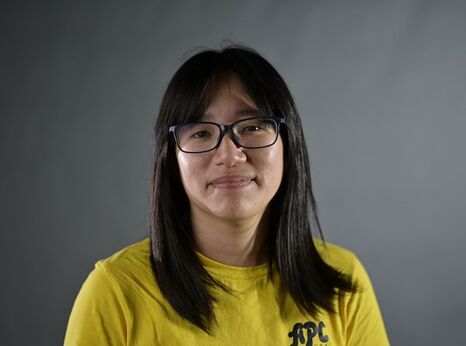Hong Kong: Barrister charged for social media posts

Chow Hang-tung was first arrested on 4 June 2021 on the charge of “advertising or publicising unauthorised assembly" under Section 17A(1D) of the Public Order Ordinance. Released shortly after on bail, she was arrested again on 30 June and has since been remanded into custody. Police revoked her bail for allegedly inciting others to join a banned rally on 1 July 2021.
Chow is a long-term human rights defender. Prior to becoming a human rights lawyer, she was very vocal in advocating labour rights in China and supporting human rights defenders in China. As a barrister in Hong Kong, she has defended political activists targeted by the National Security Law. She is also the vice chairperson of the Hong Kong Alliance in Support of Patriotic Democratic Movements of China (the Hong Kong Alliance), the organizer of the world’s largest annual commemoration of the Tiananmen crackdown.
Hong Kong’s annual Tiananmen vigil on 4 June has been banned on Covid-19 grounds since 2020. It has been increasingly evident that the Hong Kong authorities have been using Covid-19 as a pretext to muzzle the rights to freedom of expression and peaceful assembly.
United Nations Human Rights Treaty Bodies and experts have long been expressing concern about the Hong Kong government imposing excessive restrictions on the right to freedom of peaceful assembly. According to Articles 14–15 of Hong Kong’s Public Order Ordinance (POO), those wishing to organize a protest are required to obtain “a notice of no objection” from the police before an assembly may proceed. Twenty-four activists who participated in last year’s peaceful Tiananmen vigil have since been arrested, and some have been jailed. Vague and ambiguous charges such as “inciting others to participate in unauthorized assembly” appeared to be politically motivated and intended as a pretext to deter peaceful exercise of the rights to peaceful assembly and expression.
The Law of the People’s Republic of China on Safeguarding National Security in the Hong Kong Special Administrative Region (NSL) was unanimously passed by China’s National People’s Congress Standing Committee (NPCSC) and enacted in Hong Kong on 30 June 2020 without any formal, meaningful public or other local consultation.
The impact of the NSL has been immediate and sweeping. The law’s expansive definition of “national security”, which follows that of the Chinese central authorities, lacks clarity and legal predictability and has been used arbitrarily as a pretext to restrict the human rights to freedom of expression, peaceful assembly and association, among others, and to repress dissent and political opposition. By accusing political parties, academics and other organizations and individuals actually or perceived to be critical of the present government and political system in Hong Kong of threatening national security, the authorities have sought to justify censorship, harassment, arrests and prosecutions that violate human rights.
Following the arrests under the POO and ongoing accusations of violating the NSL from pro-Beijing scholars and media, the Hong Kong Alliance dismissed all staff members and significantly reduced the number of committee members in July 2021 to mitigate the risk of prosecution.